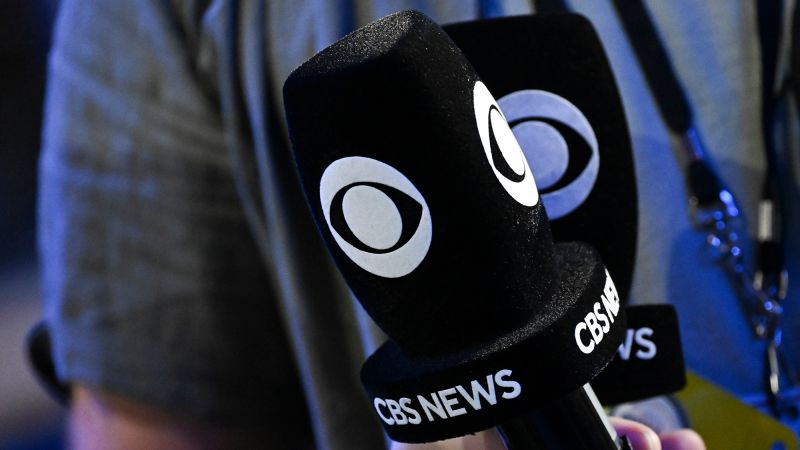The environment at CBS News has become notably turbulent, especially in light of the escalating tensions stemming from President Donald Trump’s legal actions against the network. Reports have surfaced indicating that Chief Wendy McMahon found herself engaged in heated discussions with her superiors over the future of the show “60 Minutes.” This newsmagazine, renowned for its investigative journalism, has faced increasing scrutiny due to the sensitive nature of upcoming features tied to Trump’s administration, particularly when it comes to his contentious lawsuit against CBS, which threatens billions in potential liabilities for the corporate parent, Paramount Global.
Concerns have been voiced internally among CBS journalists about what McMahon’s departure could mean for newsroom independence and journalistic integrity. A veteran correspondent expressed that many felt McMahon’s leadership was a bulwark against external pressures, noting, “Wendy was standing up for us. There’s a lot of fear about what happens with her gone now.” The announcement of McMahon stepping down came on a Monday, intensifying the narrative that CBS News is under duress amid political machinations and pressures from corporate stakeholders.
As while CBS staff continue to tackle their responsibilities in covering what many deem as an unprecedented administration, lawyers from Paramount seem to be pursuing a settlement with Trump. This reflects a belief that a resolution favorable to the administration could sway regulatory attitudes towards an impending merger. Inside the network, week-by-week efforts to maintain “60 Minutes” on the air illustrate the delicate balancing act that CBS executives must navigate as they confront both journalistic challenges and corporate interests.
Discussions surrounding editorial independence were largely framed by conflicts between network executives and the influential Shari Redstone, Paramount’s controlling shareholder. A significant point of contention arose recently over how CBS covered the ongoing Israel-Hamas conflict, with Redstone openly criticizing what she interpreted as biased reporting. Such levels of corporate intervention in journalistic matters are particularly alarming for a program like “60 Minutes,” which has a storied reputation for neutral reporting rooted in journalistic tradition.
One notable instance occurred after the resignation of executive producer Bill Owens, who cited a diminished sense of independence stemming from corporate interference. This raised red flags among correspondents regarding the future of ongoing reports. Internal reports on Trump’s policy impacts and his administration were fraught with anxiety over potential suppression when Owens expressed concerns. Moreover, the backdrop for CBS’s decisions included the long-standing case of Trump’s frivolous lawsuit over a “60 Minutes” segment featuring Vice President Kamala Harris, a gambit many in the legal sphere consider laughable, yet one that created unease regarding corporate accountability.
The situation has not gone unnoticed at higher political levels either, as three Democratic senators have publicly questioned whether Paramount could be in violation of bribery statutes in their pursuit of settlement strategies. A correspondent emphasized the network’s solid stance on the notion that Trump’s lawsuit feels more like extortion, further complicating the tense landscape.
Despite these challenges, the broader “60 Minutes” team has managed to uphold its integrity relative to its investigative responsibilities, continuing to roll out substantial reports on matters affecting the Trump administration, thereby signaling resilience under pressure. However, as discussions about possible settlements continue, speculations arise over whether McMahon and Owens would ultimately bow to pressure from Trump.
With the leadership change, Tom Cibrowski, McMahon’s appointed successor, now takes over at CBS News. Having a reputation as an accomplished journalist, Cibrowski is expected to foster a buffer between the newsroom and corporate interests at Paramount. As CBS navigates its path ahead amidst emerging challenges, the hopes within the network linger that this leadership transition may safeguard the future of its prestigious programs while preserving the essence of journalistic independence. Thus, the coming months will be critical for CBS as both executives and reporters strive to maintain the integrity of their craft against a backdrop of evolving corporate and political landscapes.



